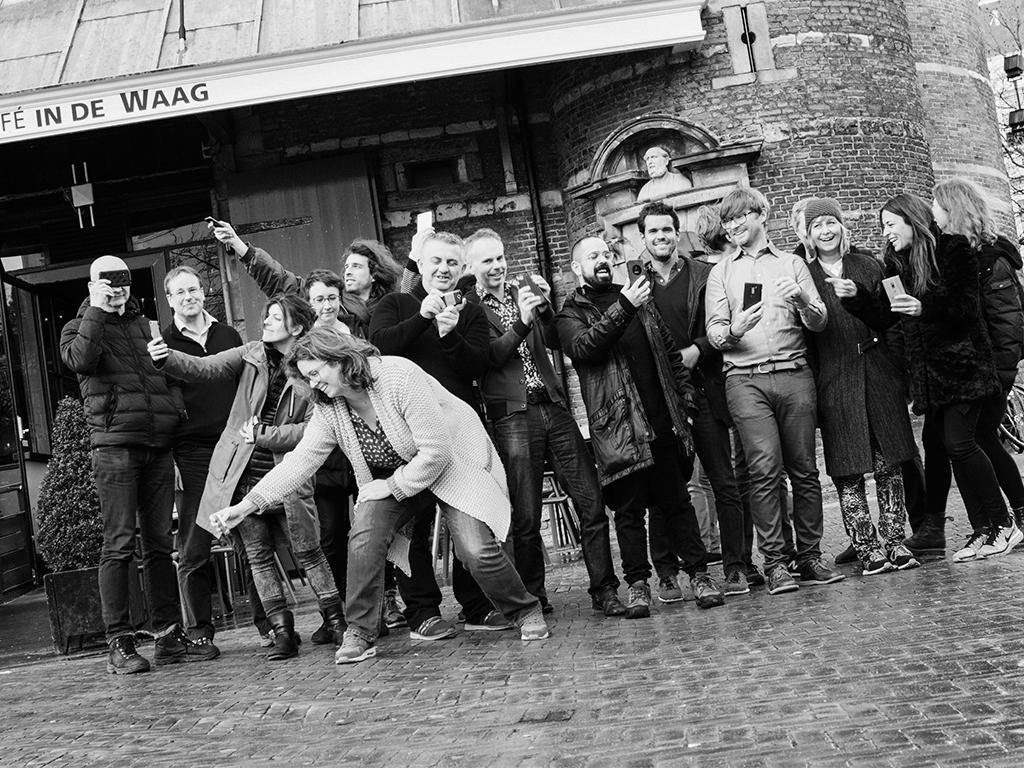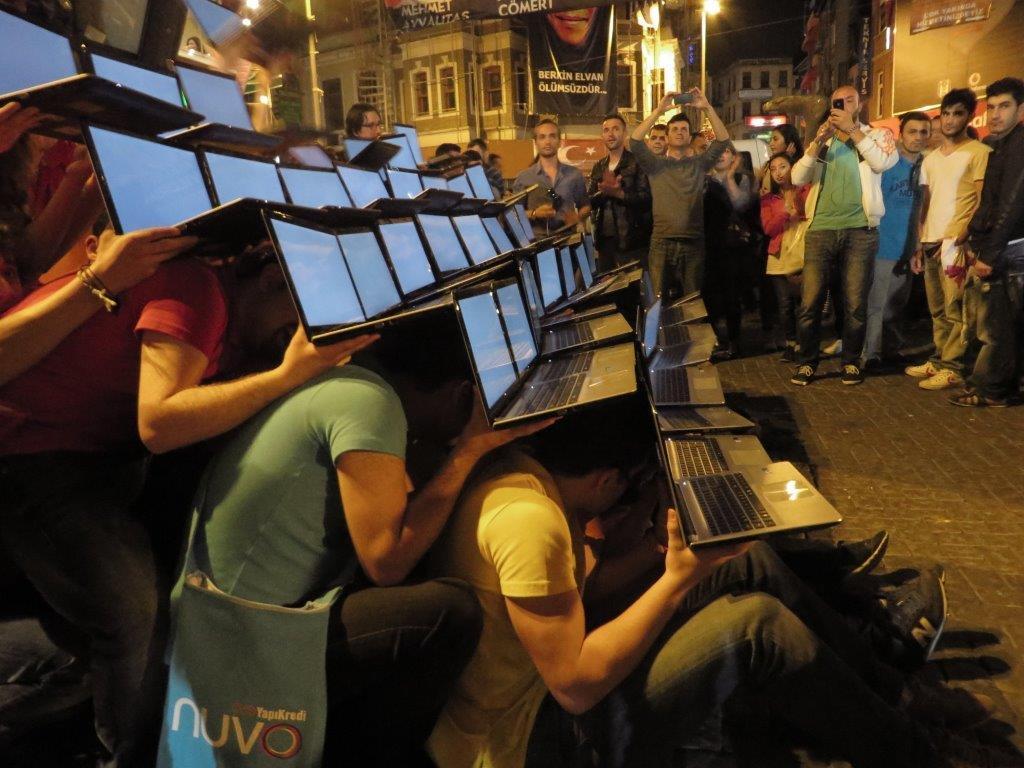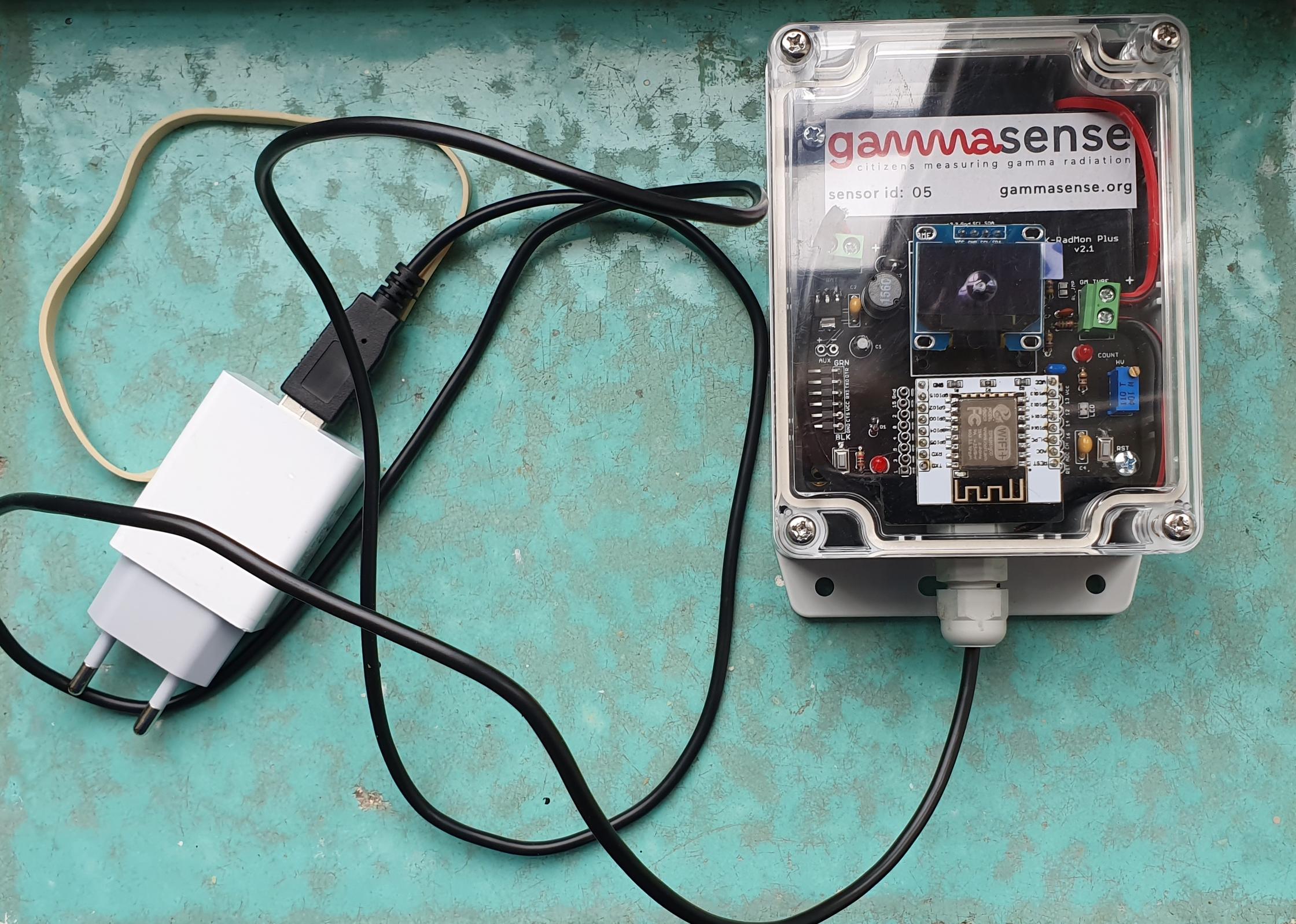In the past five years, the broad availability of open hardware tools, the creation of online data sharing platforms, and access to maker spaces have fostered the design of low cost and open source sensors that independent communities of citizens can appropriate to engage in environmental action. By collectively measuring and making sense of changes in environmental phenomena citizens can become aware of how their lifestyle affects the ecosystem and be inspired to adopt more sustainable behaviours at the individual and community levels.
One of our newest projects Making Sense will show how open source software, open source hardware, digital maker practices and open design can be effectively used by local communities to appropriate their own technological sensing tools, make sense of their environments and address pressing environmental problems in air, water, soil and sound pollution. To achieve this, the project will develop a Making Sense Toolkit based on the Smart Citizen platform for bottom-up citizen science, developed at Fablab Barcelona. This toolkit will be tested in pilots in Amsterdam, Barcelona and Prishtina, aimed at deepening our understanding on the processes enabling collective awareness.
Based on the pilots, like the Amsterdam Smart Citizens Lab, we will develop a conceptual and methodological framework for participatory environmental maker practices. It will show how to provide citizens and communities with appropriate tools to enhance their everyday environmental awareness, to enable active intervention in their surroundings, and to change their individual and collective practices. And finally we will develop a scientifically informed framework for citizen co-inquiry and action towards hands-on transformation of their surroundings.


